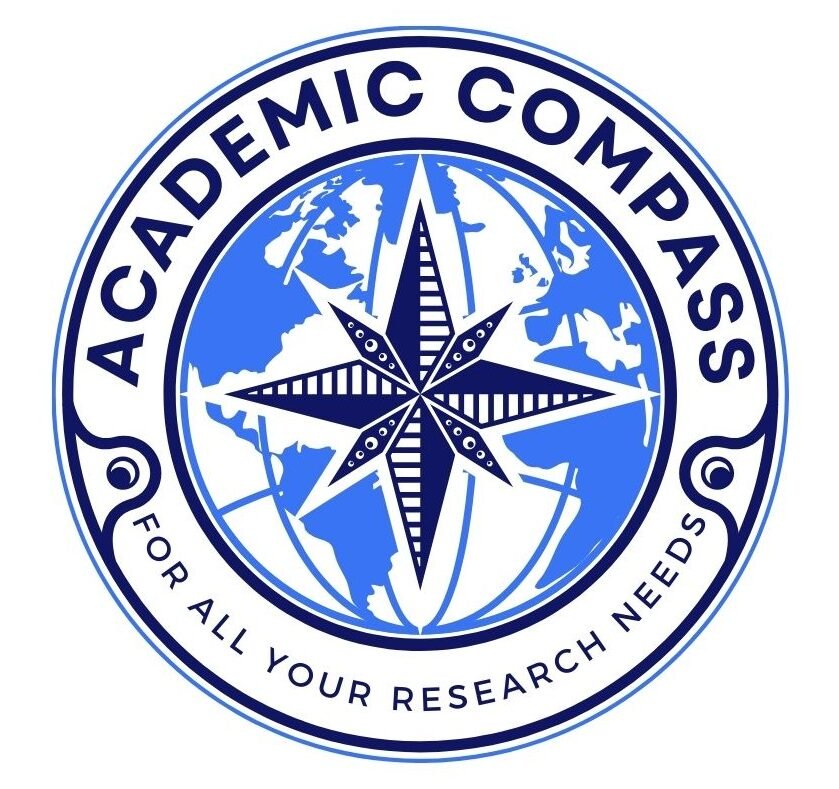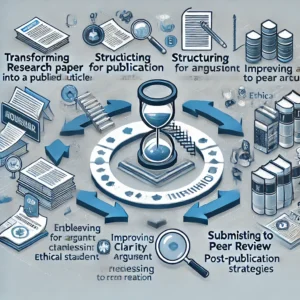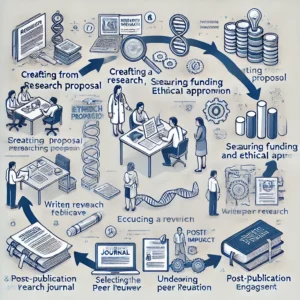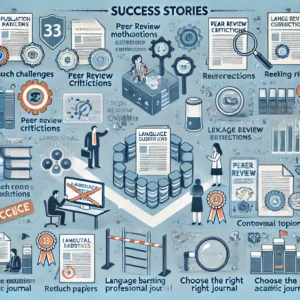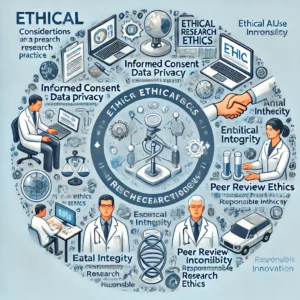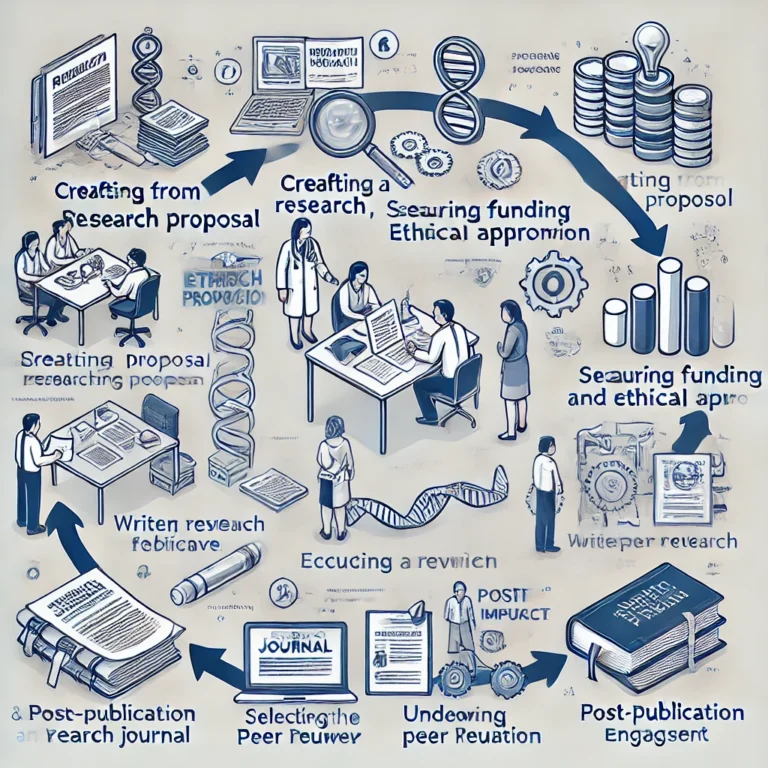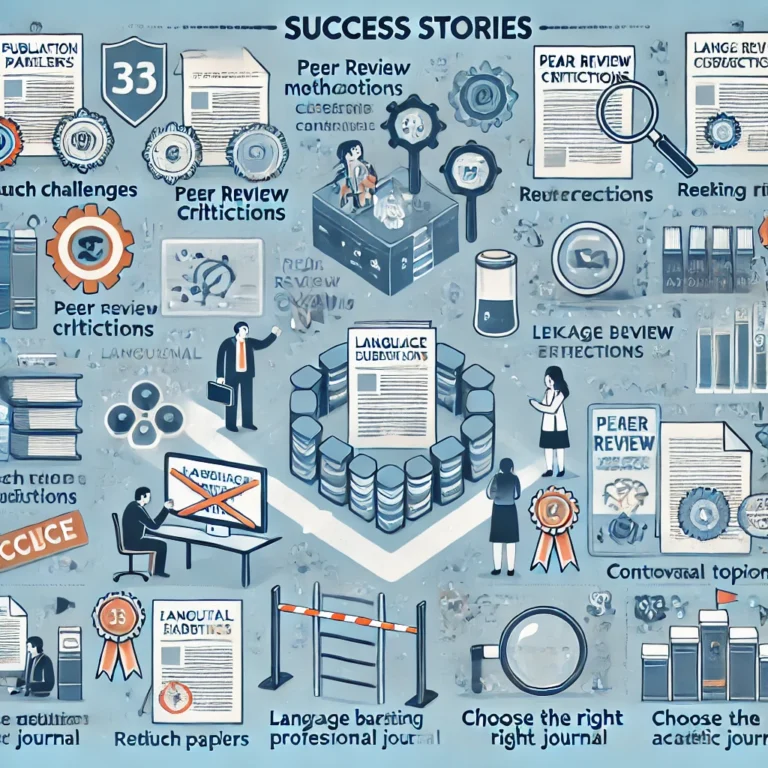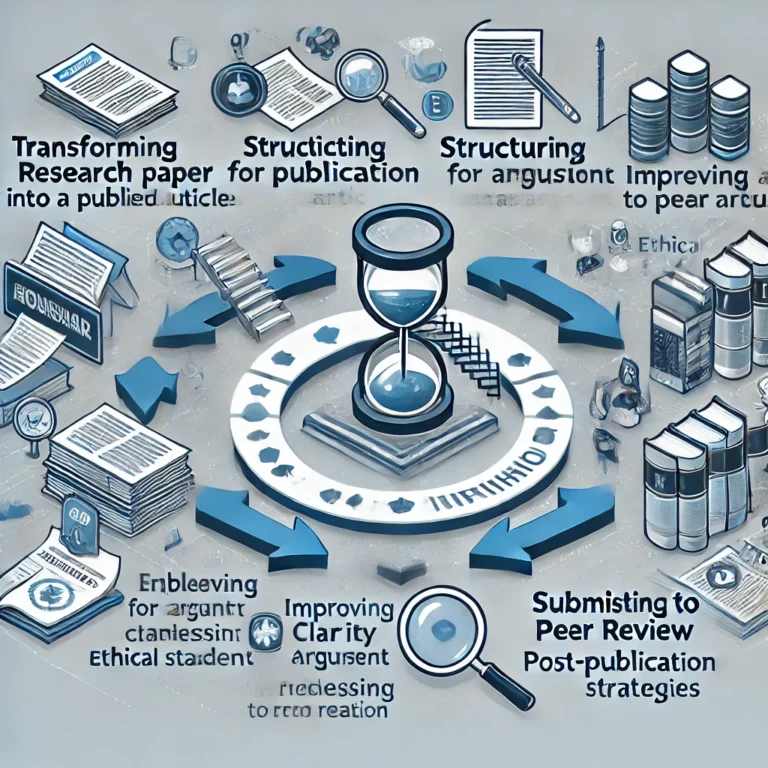Managing citations and references is a crucial part of academic research. Reference management tools help researchers organize, cite, and format their sources efficiently. Below are some of the top reference management tools used by academics worldwide, each with its unique features and advantages.
1. Zotero
Best for: Researchers looking for a free, open-source tool with strong collaboration features.
- Key Features:
- Free with unlimited references.
- Browser extension for quick citation capture.
- Cloud syncing and collaborative group libraries.
- Integration with MS Word, Google Docs, and LaTeX.
- Best for: Students, independent researchers, and those working on collaborative projects.
2. Mendeley
Best for: Researchers needing a reference manager with PDF annotation features.
- Key Features:
- Free basic plan with cloud storage for references.
- PDF management and annotation tools.
- Citation plugin for MS Word and LaTeX.
- Social networking features to connect with other researchers.
- Best for: Academics who frequently annotate PDFs and collaborate with peers.
3. EndNote
Best for: Advanced researchers and institutions needing powerful citation management and collaboration.
- Key Features:
- Advanced citation organization and reference sharing.
- Full-text search and automatic reference updates.
- Integration with MS Word and other writing tools.
- Subscription-based, ideal for institutional use.
- Best for: Experienced researchers, universities, and institutions.
4. Citavi
Best for: Researchers who need project management features alongside reference management.
- Key Features:
- Reference management combined with knowledge organization tools.
- Custom tagging and categorization of sources.
- Cloud-based storage with team collaboration features.
- Strong support for qualitative research and knowledge management.
- Best for: Academics handling large-scale projects and qualitative research.
5. RefWorks
Best for: University students and researchers needing cloud-based reference management.
- Key Features:
- Cloud-based reference organization and collaboration.
- Citation generator for multiple styles.
- Seamless integration with Google Docs and MS Word.
- Institutional subscriptions available for universities.
- Best for: Students and institutions looking for an easy-to-use cloud solution.
6. Paperpile
Best for: Academics who prefer Google Docs and a seamless cloud-based experience.
- Key Features:
- Designed specifically for Google Docs users.
- Fast, cloud-based reference storage.
- PDF annotation and note-taking capabilities.
- Easy import from other reference managers.
- Best for: Researchers who work primarily within the Google ecosystem.
Choosing the Right Tool
When selecting a reference management tool, consider:
✅ Cost – Free vs. paid options.
✅ Integration – Compatibility with MS Word, Google Docs, LaTeX.
✅ Collaboration – Group libraries and shared reference features.
✅ PDF Management – Ability to store, annotate, and organize PDFs.
Would you like a comparison table or recommendations based on your specific research needs? 😊
